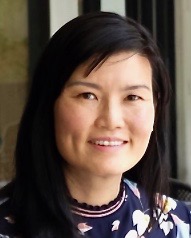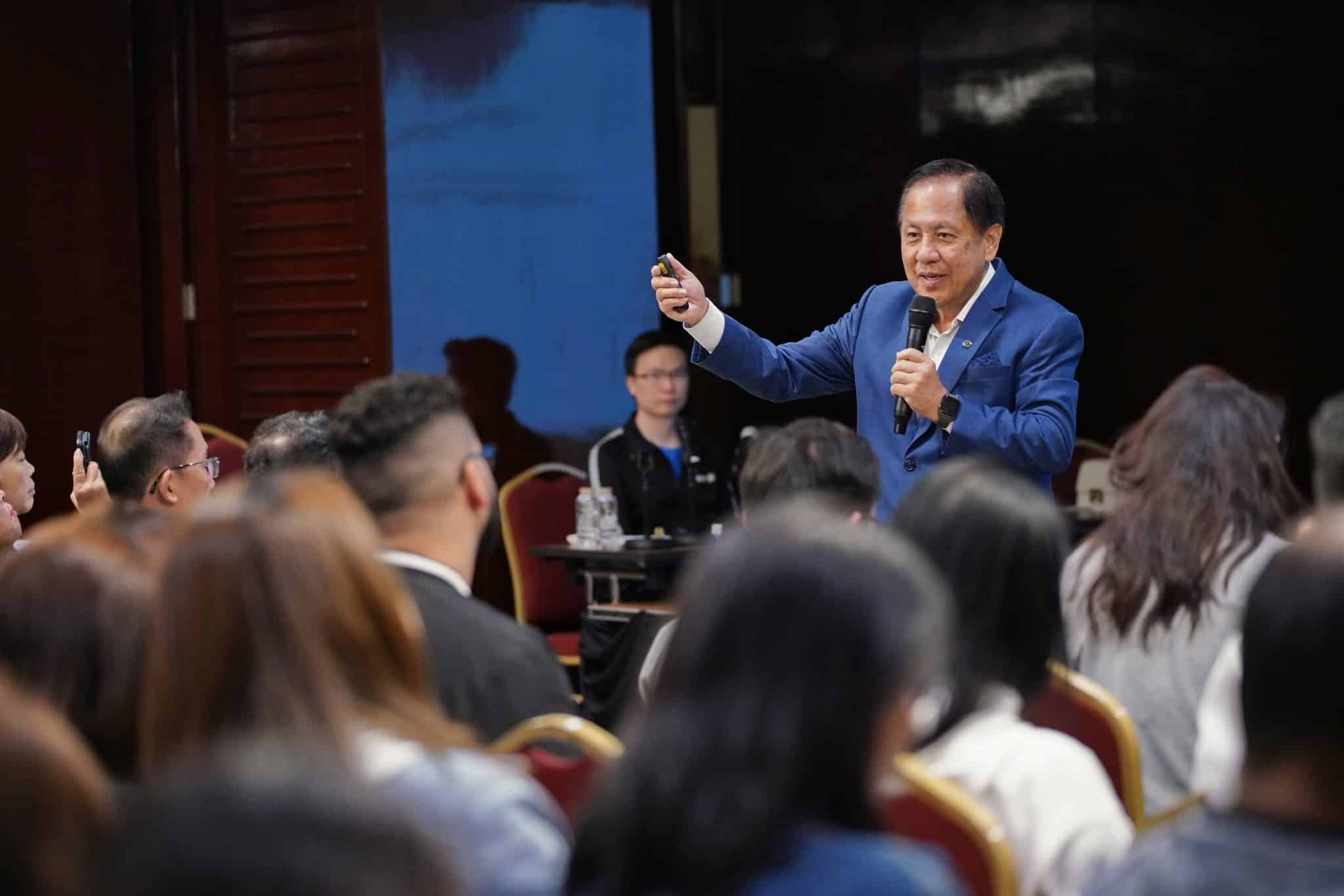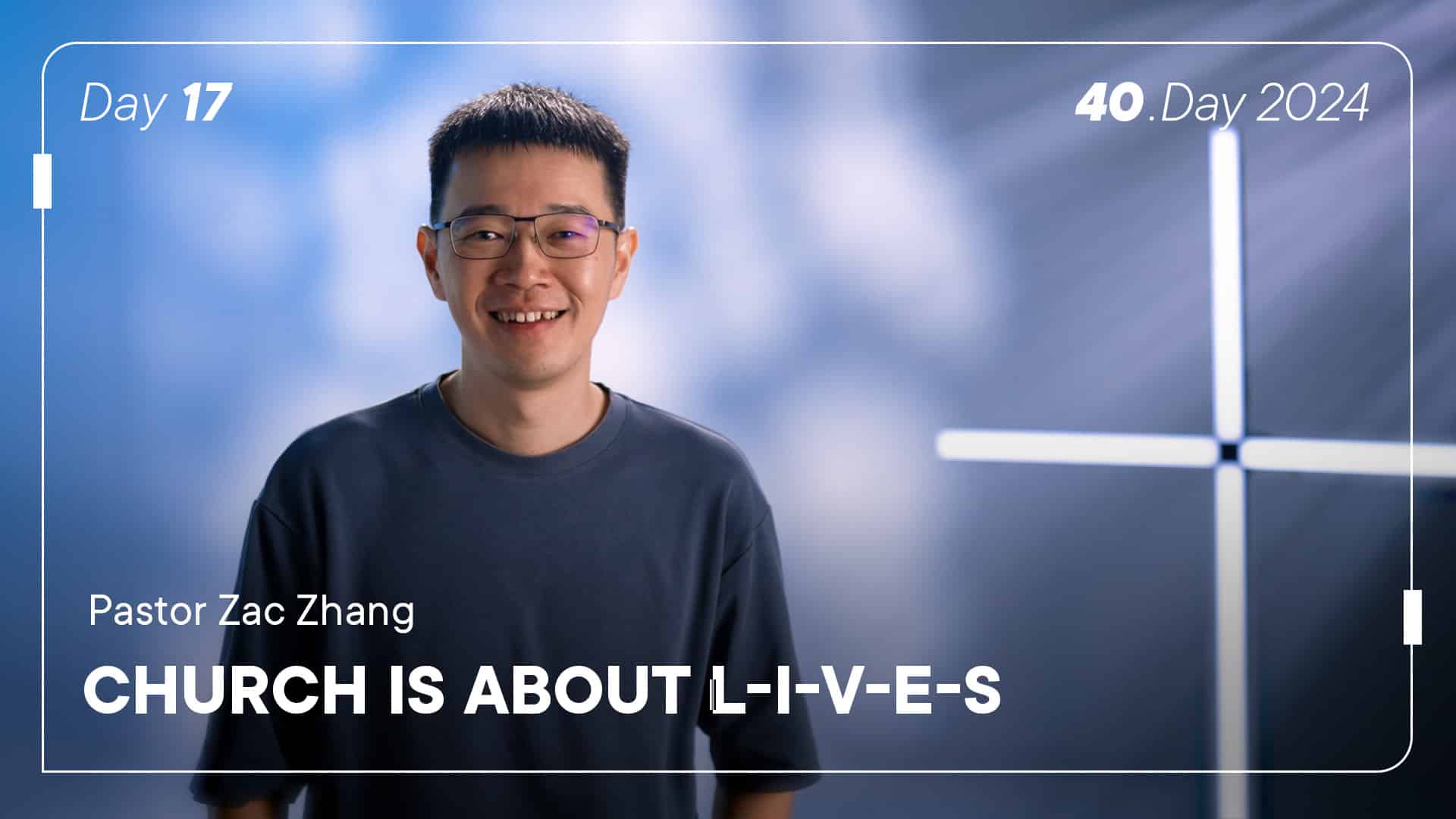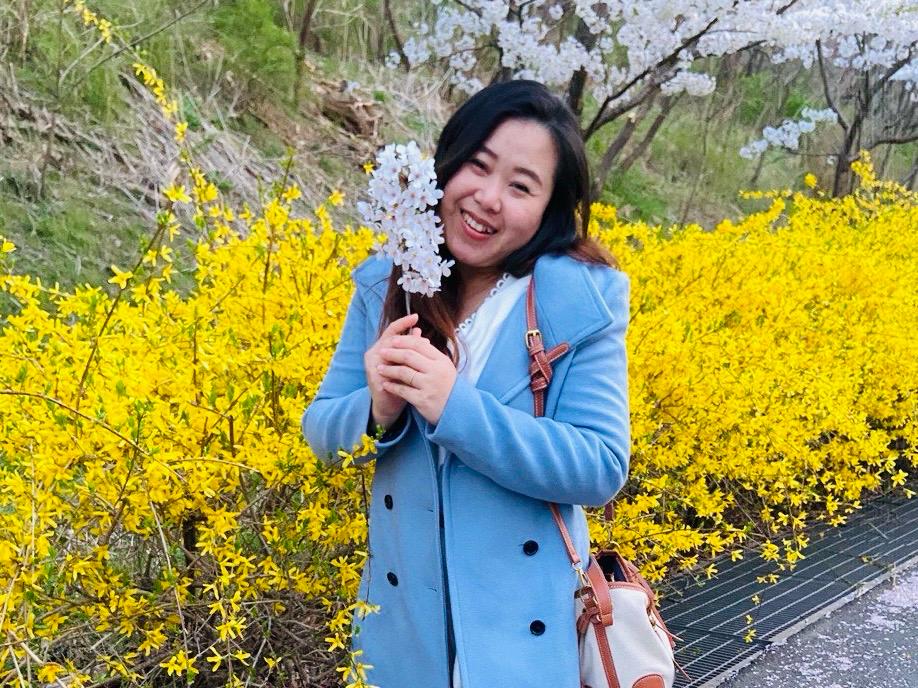An Easter Meditation: A Call to Reveal, Reimagine and Reset
Melissa Kwee // April 12, 2020, 3:15 pm
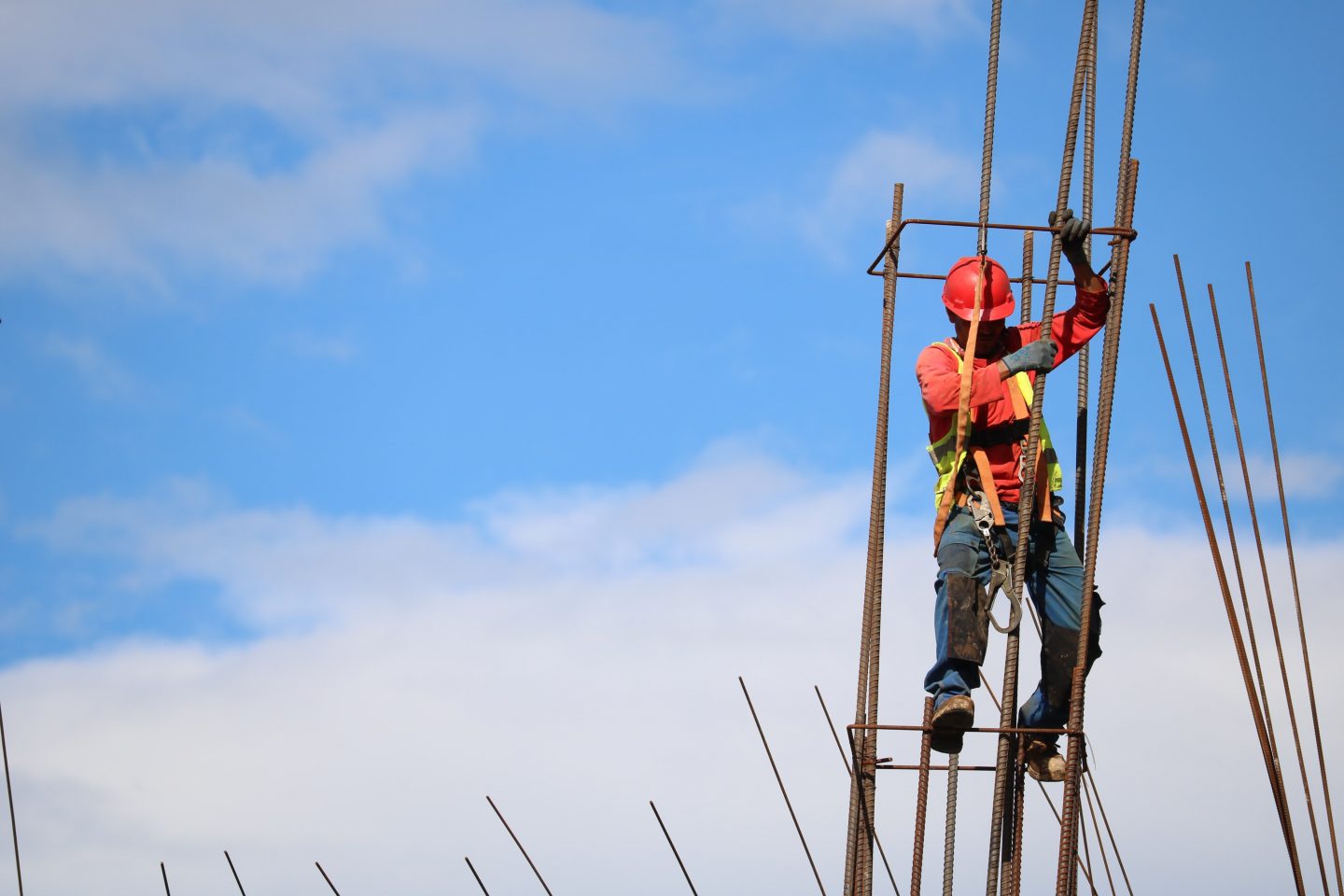
Photo by Josue Isai Ramos Figueroa on Unsplash.
“My God, my God, why have you forsaken me?” (Matthew 27:45)
Why are you so far from helping me? Oh my God, I cry in the daytime but you do not hear.
Through thin cracked lips, his words full of anguish broke the thick silence. His chest was heavy with blood and his breathing strained. Alone.
He thought of his mother and wept.
Disease is no respecter of stations in life
Saha*, a father-to-be, had just paid off the two years of debt bondage which enabled him to fulfil his dream and make a living in Singapore. Working earnestly as a labourer then a cleaner, he was proud that he had never taken a day off for medical leave.
A perfect record meant earning every dollar and not being penalised by his employer for being sick. He had dreamt of going home to his wife and family after this year – a rich and respectable man.
We see with painful clarity how we have ignored Jesus who called on us to love the last and the least amongst us.
Today this dream seemed far away as he held on to every breath in his isolation ward for COVID19 ICU patients. In the room next door was his laoban’s wife.
Disease is no respecter of persons or stations in life.
With nothing and naked we arrive and with nothing we shuffle off this mortal coil.
Breathing in and out of consciousness, his life hung at the precipice, a thousand miles from home.
*Saha is fictional. But he is typical of many foreign workers who come to seek a better life on the sunny shores of Singapore.
This story is a vivid reminder for us on Easter in 2020 when we are beginning to see with painful clarity, the ways we have ignored the words of Jesus when he called his followers to love the last and the least amongst us.
Overcrowded dorms, unsanitary conditions, meals with little nutrition, limited places for rest and recreation, and at best, a polite separation in public.
In Old and New Testament teachings, we are asked to love and welcome the stranger, the widow, the orphan and the prisoner.
As Christ followers we were asked not only to follow his example of fellowship with the outcast and lowly in society. We are told that whatever we do unto the least of those amongst us, we do unto him.
To love the migrant worker is to love Jesus
To love the fatherless is to love Jesus. To love the prisoner is to love Jesus. To love the migrant worker is to love Jesus.
Because He first loved us – in all our own lack and error.
Why is it so difficult to love others? Why do we withdraw from and not embrace difference – and especially the stranger amongst us? Perhaps like in Jesus’s day, we fail to see and welcome the prophets in our midst.
I believe COVID-19 is a trial, but also a gift of sight and revelation.
In Jesus’s days, He, too, was rejected and despised for his solidarity and compassion for the poor and weak. He was admonished for revealing the idols of self, wealth and status that we pursued with passion.
I believe COVID-19 is a trial, but also a gift of sight and revelation.
It is revealing the brokenness we have accepted, and how our ways, our thinking and actions have fallen short.
It is revealing the narrowness of our social circles and awareness of how the Other lives.
Do we really think of foreign workers as human or understand their daily struggles simply to survive with dignity?
Perhaps this crisis will convict us to imagine the kingdom within: A new empathy and solidarity where we will say, “I am your keeper and you are my brother, sister, father or mother. You shall not lack nor be in need.”
Perhaps as we begin to reimagine a new post-coronavirus reality and reset our thinking and actions, His city of good shall come.
May His kingdom come.
We are an independent, non-profit organisation that relies on the generosity of our readers, such as yourself, to continue serving the kingdom. Every dollar donated goes directly back into our editorial coverage.
Would you consider partnering with us in our kingdom work by supporting us financially, either as a one-off donation, or a recurring pledge?
Support Salt&Light